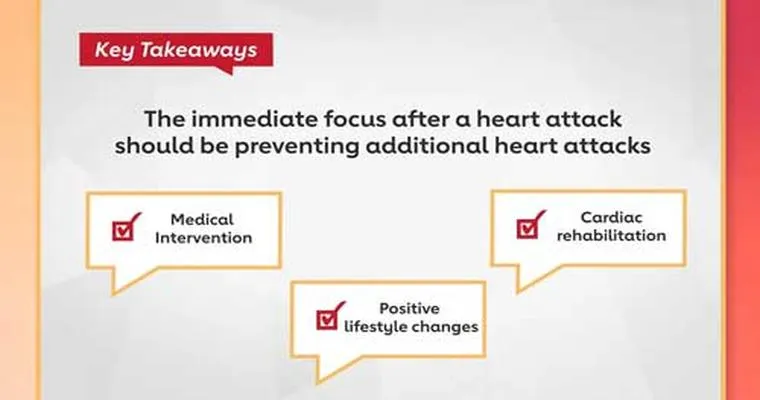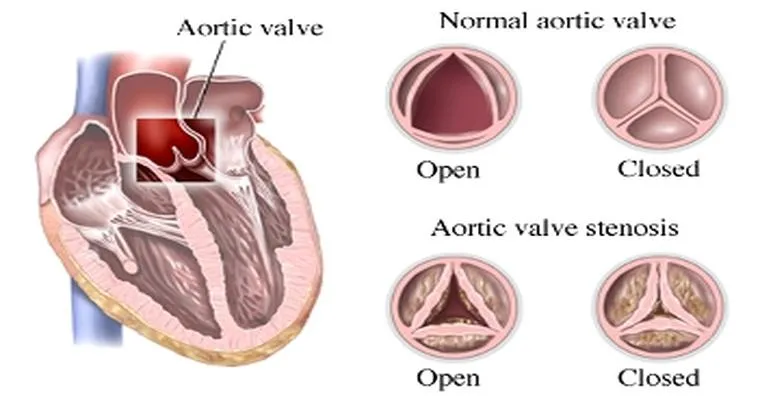Experiencing a "heart attack" can be a life-altering event, leaving many individuals with questions about their "recovery", "rehabilitation", and overall "health" moving forward. Understanding what to expect after a heart attack is crucial for both patients and their families. In this article, we will explore the common physical and emotional changes, the importance of lifestyle adjustments, and the steps to take for a successful recovery.
Understanding Your Recovery Process
After a heart attack, your body will begin a recovery process that can vary in duration and intensity among individuals. Initially, you may experience physical symptoms such as "fatigue", "chest discomfort", and "shortness of breath". These symptoms can be normal as your body heals, but it is essential to discuss any persistent or worsening symptoms with your healthcare provider.
Emotional and Psychological Changes
In addition to physical recovery, many people face emotional challenges after a heart attack. Feelings of "anxiety", "depression", or even "fear" about future heart issues are common. It is important to acknowledge these feelings and seek support when needed. Counseling or support groups can provide a safe space to share experiences and coping strategies.
Importance of Cardiac Rehabilitation
One of the most effective ways to aid recovery after a heart attack is through "cardiac rehabilitation". This medically supervised program typically includes:
"Exercise training": Gradually increasing physical activity levels helps improve heart health and endurance.
"Education": Learning about heart disease, risk factors, and preventive measures is essential for long-term health.
"Nutritional guidance": Adopting a heart-healthy diet can significantly impact recovery and prevent future incidents.
Participating in a cardiac rehabilitation program can boost confidence and provide a structured approach to recovery.
Lifestyle Adjustments for a Healthier Heart
Making lifestyle changes is crucial for those recovering from a heart attack. Consider the following adjustments:
"Diet": Focus on a balanced diet rich in fruits, vegetables, whole grains, lean proteins, and healthy fats. Reducing salt, sugar, and saturated fats can help manage weight and cholesterol levels.
"Exercise": Incorporating regular physical activity into your routine can strengthen the heart and improve overall well-being. Start slow and gradually increase your activity level as directed by your healthcare team.
"Smoking cessation": If you smoke, quitting is one of the most important steps you can take for your heart health.
"Stress management": Finding effective ways to manage stress, such as meditation, yoga, or hobbies, can benefit both mental and physical health.
Regular Follow-Up Care
After a heart attack, regular follow-up appointments with your healthcare provider are critical. These visits allow for monitoring of your heart health, medication management, and adjustments to your recovery plan as needed. Staying proactive about your health can make a significant difference in your recovery journey.
Conclusion
Recovering from a heart attack is a multifaceted process that involves physical healing, emotional support, and lifestyle changes. By understanding what to expect and taking proactive steps, individuals can improve their heart health and lower the risk of future heart issues. Remember to communicate openly with your healthcare team and seek support from loved ones as you navigate this new chapter in your life. Taking charge of your health can lead to a brighter, healthier future.





